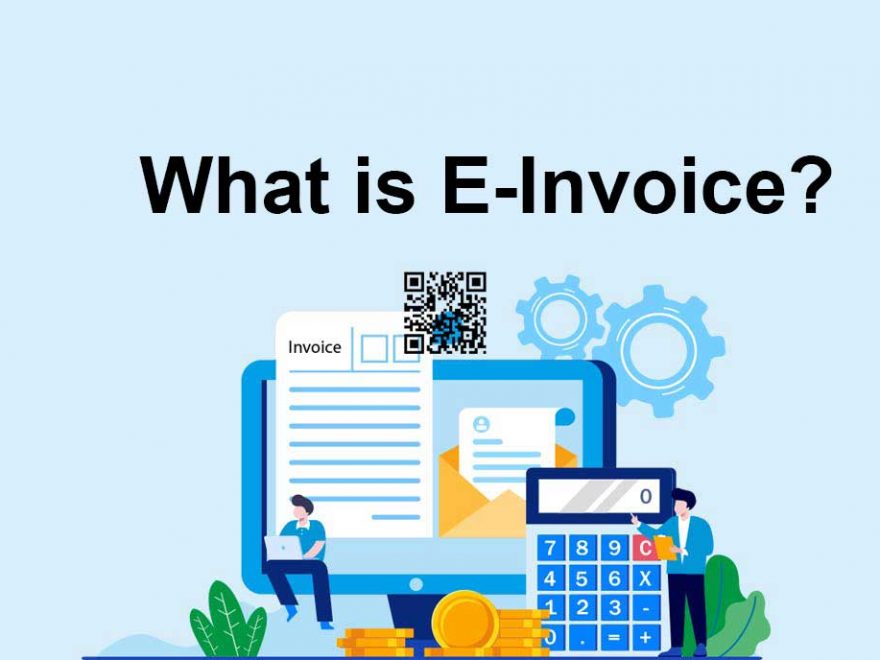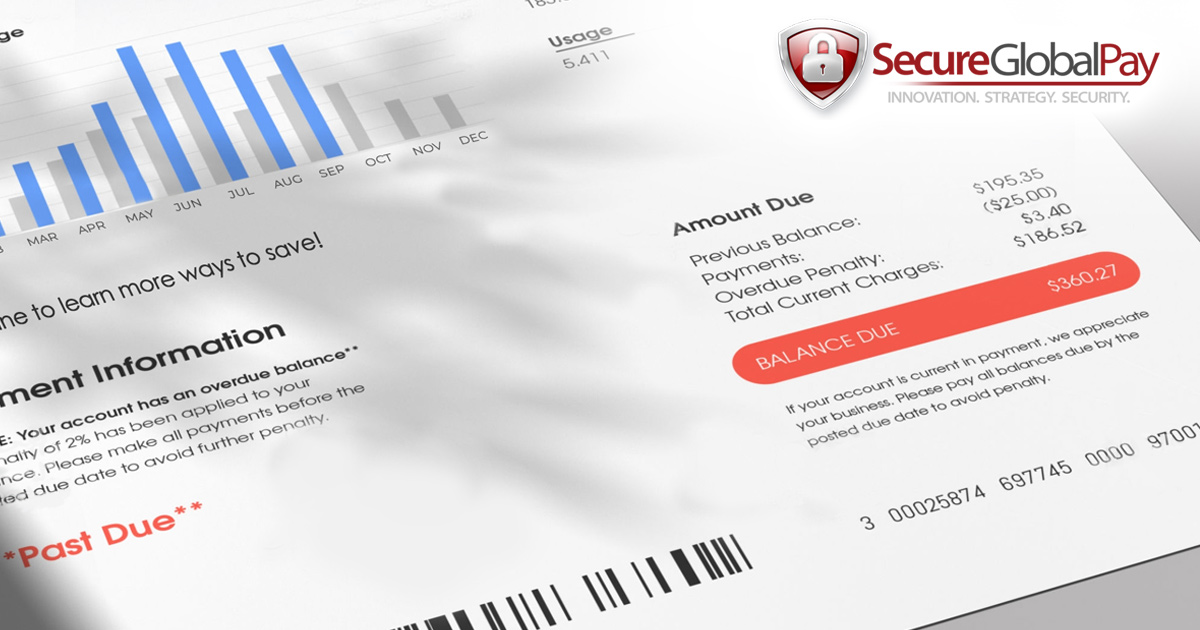

Status of e-invoicing platform operators - The e-invoicing platform operators mentioned above will have to have a registration number issued by the administration to be able to perform this role and become a partner platform. Therefore, it has been confirmed that within the scope of application of the new article 289 bis, electronic invoices may no longer be transmitted directly from provider to client, and are only communicated via the intermediary of a platform. A central directory will list all of the information needed to submit electronic invoices.

The ordinance confirms that taxpayers have the option to transmit their invoices and data by using the public invoicing portal (Chorus Pro), or via an e-invoicing platform operator. Circuit for transmission of invoices and data Mandatory transmission of payment dataĬertain payment data relating to services taxed in France will have to be transmitted by the vendor (issuer), in addition to invoices or invoicing data. Such taxpayers are not subject to mandatory electronic invoicing but will be subject to mandatory transmission of invoicing data for the sales for which they are liable to VAT in France (excluding transactions declared to one of the three VAT “one stop shops”). Taxpayers that are not established in France but are registered for VAT in France B2G transactions (invoicing government organizations, which has been electronic since 2020) are also impacted by this mandatory data transmission. This concerns notably sales and purchases made with professionals located abroad, as well as sales to Monaco, for example (international B2B transactions) and sales made in France to individuals (B2C transactions). This is combined with mandatory “electronic transmission of invoicing data” 5įor companies subject to VAT and established in France, mandatory electronic transmission of invoicing data involves their sales and purchases that are subject to mandatory electronic invoicing but which are taxed for VAT in France or made from France. The requirement also applies to credit notes and deposit invoices. This requirement applies to invoices for sales of “domestic” goods and services between taxpayers (B2B). Mandatory issuance, transmission and receipt of electronic invoices solely concerns Value Added Tax (VAT)-liable companies established in France. Mandatory transmission of electronic invoices 4 The requirement to receive electronic invoices will apply for all companies as from 1 July 2024. The requirement to transmit invoicing information and payment data will follow the same schedule. 2 Accordingly, they will be evaluated at the level of each legal entity and not at the group level.

As from 1 July 2024 for large companies.Therefore, the electronic invoicing requirement will enter into force: The schedule provided for in the Finance Act has been deferred by 18 months for large companies and by one year for others. 1 The ordinance specifies the overall framework for economic operators and the flows of sales and purchases subject to the new requirement. On 16 September 2021, the French Government published the ordinance concerning the new requirement to transmit electronic invoicing and payment data, announced in article 195 of the 2021 Finance Act.


 0 kommentar(er)
0 kommentar(er)
